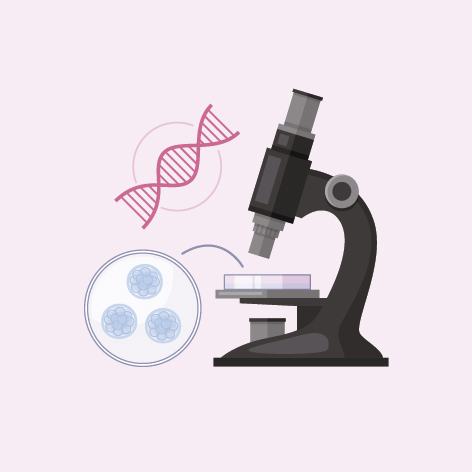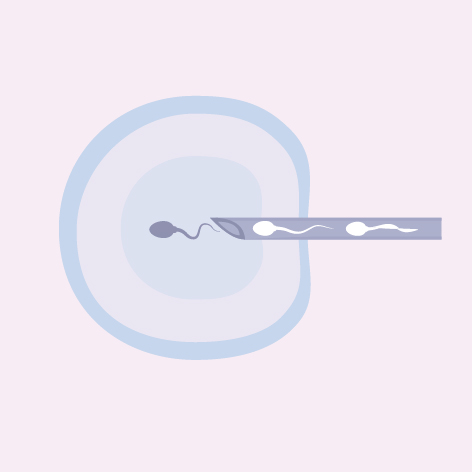In-Vitro-Fertilization (IVF)
The IVF process begins with harvesting mature eggs (oocytes). While a woman would naturally produce only one egg monthly, the use of fertility hormones (gonadotropins) makes it possible to obtain many. The eggs are extracted directly from the ovaries in our surgical suite under intravenous sedation administered by an anesthesiologist.The eggs are fertilized with sperm in the controlled environment of our lab. The resulting embryo(s) are kept in culture for further growth and development for several days. Ideally, at the blastocyst stage day 5, they are transferred into the uterus.
Advances in genetic testing provide our physicians with more information about the quality of the embryos. Embryos can be screened for an adequate number of chromosomes or screened for specific inherited diseases. This allows for the selection of the healthiest embryos.
Pre-Implantation Genetic Screening (PGS) is an IVF procedure designed to examine embryos for aneuploidy (embryos having the wrong number of chromosomes) and unbalanced translocations (chromosomes incorrectly arranged). An embryo biopsy is performed on day 5 or 6, and all 23 pairs of chromosomes are examined. PGS aims at improving pregnancy and live birth rates with fewer embryos being transferred.
In our center we offer two types of protocols. You can click on the image to learn more about each one of them:













